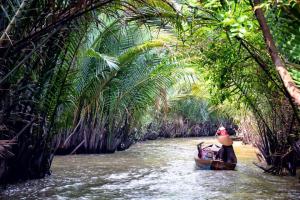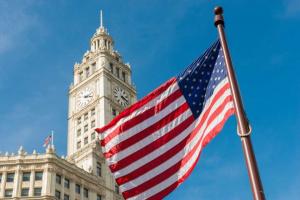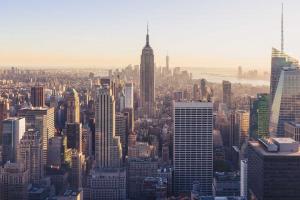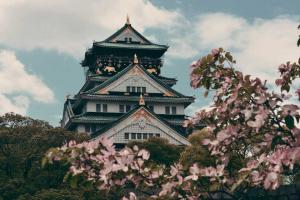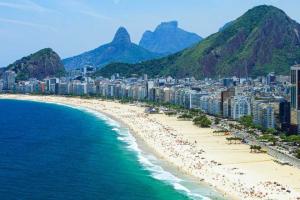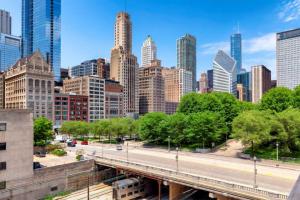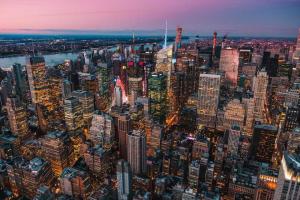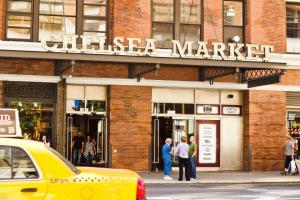10 unmissable places to visit in Madrid
Our list of Madrid’s 10 most important hotspots
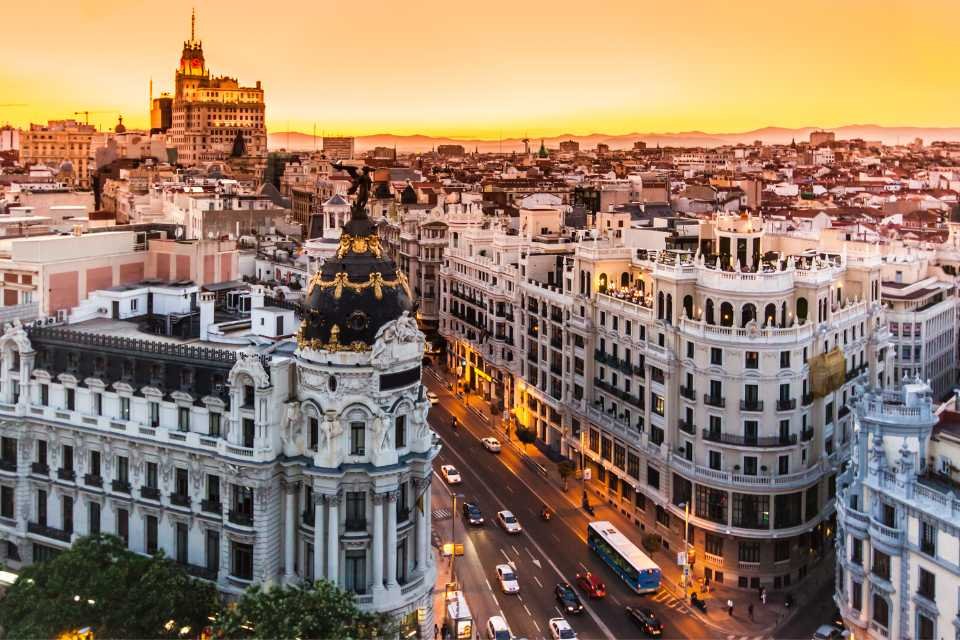
Madrid has grown into a large, mostly modern metropolis with a population of about three million people and rising. While the outskirts aren’t particularly appealing, the streets in the city centre are a pleasant surprise with pockets of medieval buildings and narrow, atmospheric alleys dotted with quirky shops and bars, all nicely broken up by eighteenth-century Bourbon squares, usually containing some sort of beautiful fountain or statue.
We’ve selected a few of the most important Madrid spots to add to your itinerary as well as a few tours and tickets to help you make the most of your Madrid trip.
Plaza Mayor
Plaza Mayor was originally built as a public theatre with the hundreds of balconies on the buildings surrounding the square providing a place for locals to look out onto proceedings.
Plaza Mayor was the site of many historical events, such as the Autos de Fé (trials of faith) during the Spanish Inquisition, festivals and demonstrations. Nowadays, visitors can enjoy dozens of outdoor cafés and eateries, buskers and caricaturists that bring Plaza Mayor to life. Yes, it’s a tourist trap, but it’s great fun at any time of the day or night.
Opera and the Palacio Real
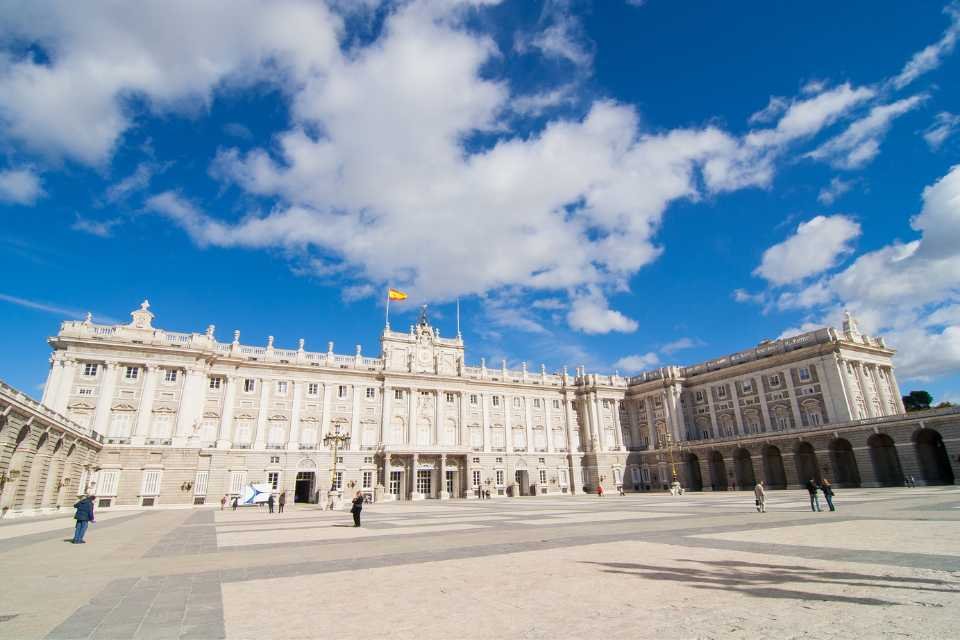
Opera is one of the city's most pleasant and laid-back neighbourhoods, dominated by the magnificent Palacio Real and exquisite Plaza de Oriente.
The neighbourhood is home to the opulent Teatro Real, the serene Campo del Moro Gardens and the city cathedral, while the secluded monastery complexes of La Encarnación and Las Descalzas Reales hide an amazing collection of artefacts.
Opera is one of Madrid’s culture hubs, so set aside some time to explore and consider a guided tour to get more insights from a local expert.
El Rastro
On weekends El Rastro, Madrid's flea market, is a must-visit for both tourists and locals. This massive, bustling street market extends south from Metro La Latina to the Ronda de Toledo, and is particularly rowdy along the Ribera de Curtidores.
Every Sunday and on public holidays, thousands hunt for bargains between 10am and 3pm. Everything from secondhand clothing to gaudy tourist tat to flamenco fans and antiques can be found here, whether you need it or not. Remember to haggle and don’t expect to return anything!
Paseo del Arte
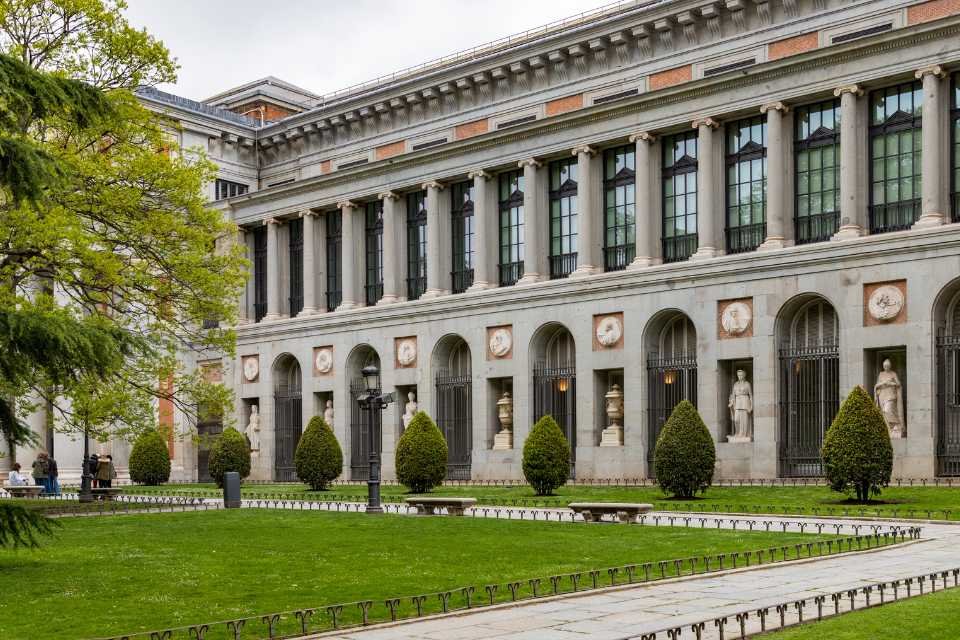
The Prado, Thyssen-Bornemisza, and Reina Sofa art museums, which together make up Madrid's Paseo del Arte, are all within a kilometre of one another along or near the Paseo del Prado. The Prado Museum is the most well-known of the three galleries and is home to a world-class collection of Spanish, Flemish and Italian art. If you want to see classic Western art at its most comprehensive, a trip to the Thyssen-Bornemisza is essential. The Reina Sofia, the third and final museum in the group, houses Spain's collection of contemporary art which includes works by Pablo Picasso and Joan Miró.
See these key Madrid sights on a guided tour that includes the Prado, Reina Sofia and Thyssen-Bornemisza Museum.
Parque del Retiro
Located in the heart of Madrid, Parque del Retiro is a tranquil haven. This green and well-kept park is a welcome respite from the heaving streets of Spain’s capital. More than 15,000 trees provide shade in the 140-hectare park. With its magnificent landscaping and tree-lined walks, visitors can imagine how pleased the Count-Duke of Olivares (for whom the park was created) would have been back in the 17th century.
Parque del Retiro is the ideal place to take things slow and enjoy Madrid’s famously warm and sunny days, but if that sounds boring, then a fun segway tour of Parque del Retiro may be more your thing.
Puerta del Sol
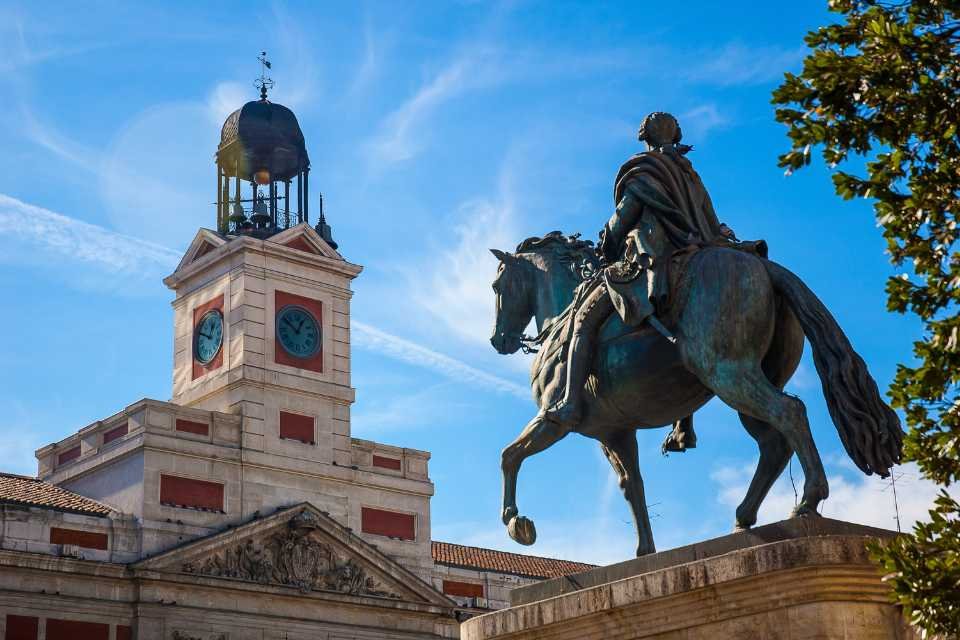
The Puerta del Sol, with its rows of boutique stores and cafés, is one of Madrid's most vibrant public spaces. Named after a former gate on Madrid’s now defunct defences, Puerta del Sol is also the "Kilometer Zero" site from which all distances on the Spanish national road network are measured.
Many important events have taken place at the Puerta del Sol, including the birth of the Spanish resistance to Napoleon and the proclamation of the Second Spanish Republic in 1931. Nowadays, the area is a popular gathering spot for people to socialise and have a good time, especially when the sun has set.
Gran Via
Gran Via is the city's main thoroughfare, dividing the old city from the newer areas of Madrid. As the city's economic hub, it's always congested with shoppers and sightseers, no matter the time of day.
If you have the time to look up, it's also something of a monument in itself with palace-like banks, offices, and cinemas from the early twentieth century. Just be careful – it’s easy to get carried away in the department stores and clothes shops!
Temple of Debod

Fancy seeing an Egyptian temple without needing to travel all the way to Egypt? You can do just that in La Montana Park (near Plaza de Espana). The Temple of Debod was presented to Madrid in the 1960s as a gift from Egypt in appreciation for Spain's assistance in protecting the Abu Simbel temples during the construction of the Aswan Dam.
The temple was built in the 2nd century BC for King Adikhalamani and is dedicated to the Gods Amun and Isis. There are original decorations inside the temple that have been well preserved, unusual for an archaeological site which has been relocated entirely to a new location and climate.
Fuente de Cibeles
One of Madrid's most recognisable landmarks, the Fuente de Cibeles (Fountain of Cybele), sits within a busy intersection on the Gran Via. Cybele, the Roman goddess of love, is depicted riding a lion-drawn chariot ridden by lifelike statues.
Built in 1782 by Francisco Gutiérrez and Roberto Michel to serve as a public water fountain, the structure still serves that duty today. There's a palace beyond the fountain called the Palacio de Cibeles, which is home to CentroCentro, a cultural centre for art exhibitions and seminars, conferences, and concerts – don’t forget to check it out.
Basilica de San Francisco el Grande
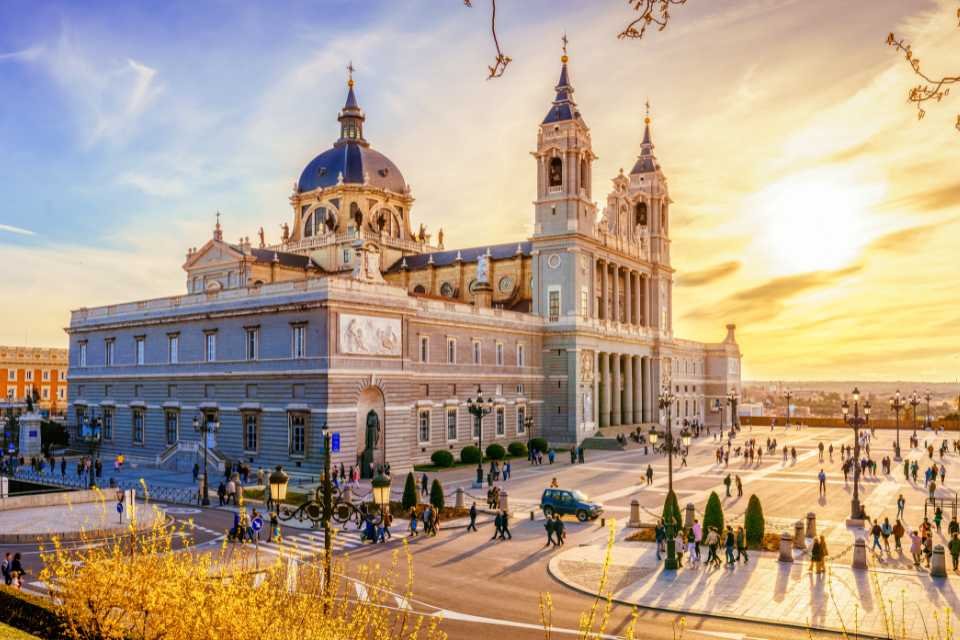
Carlos III commissioned the construction of the Basilica of San Francisco el Grande in 1761 as a Franciscan monastery. Francisco Cabezas, the architect, based the church's Neoclassical design on Rome's Church of Santa Maria in Campitelli.
Francisco Sabatini finished construction in 1784. At 58 metres, the dome is taller than Saint Paul's Cathedral in London. The interior is incredible with magnificent paintings from Spain's Old Masters adorning the walls and ceilings.
